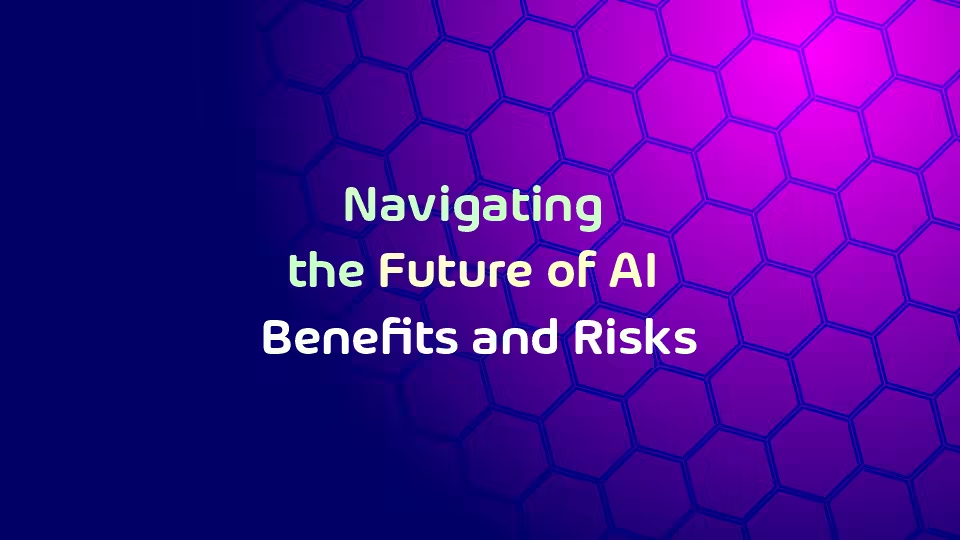The Future of AI: An Exciting and Uncertain Road Ahead
Artificial Intelligence (AI) has come a long way in recent years, transforming industries and changing the way we live and work. The potential of AI is virtually limitless, with applications ranging from healthcare and finance to education and entertainment. As AI continues to evolve and advance, it’s important to consider what the future of AI might look like and what implications it may have on society.
One of the most exciting aspects of AI’s future is the potential for further development in the field of robotics. As AI algorithms become more advanced, robots will be able to perform increasingly complex tasks, from manufacturing and construction to service and caregiving. This will have a profound impact on many industries, reducing the need for manual labor and increasing efficiency and productivity.
Another exciting aspect of the future of AI is the potential for further advancements in natural language processing (NLP) and computer vision. With NLP, AI systems will be able to understand and respond to human speech with greater accuracy, leading to more intuitive and seamless interactions between humans and machines. With computer vision, AI systems will be able to analyze and interpret visual information, making it possible for machines to see and understand the world in a way similar to humans.
However, despite these exciting advancements, there are also valid concerns about the future of AI. One of the biggest concerns is the potential for AI systems to replace human workers, leading to widespread unemployment and exacerbating existing income disparities. To mitigate these risks, it will be important to prioritize the development of AI systems that augment human capabilities rather than replacing them. How E-commerce is Changing the Game
Another concern is the potential for AI systems to perpetuate existing biases and discrimination. This is a particularly relevant issue given the recent surge in AI-powered decision-making systems, such as credit scoring algorithms and hiring software. To address these issues, it will be important for AI developers to ensure that AI systems are designed and trained in a way that minimizes bias and promotes fairness.
Despite these concerns, the future of AI remains bright and full of potential. As AI continues to advance and transform industries, it will be important for society to manage its impact in a responsible and ethical manner. Whether it is through the development of more human-centered AI systems or the implementation of policies that prioritize the interests of workers and society, the future of AI holds many exciting possibilities.
In conclusion, the future of AI is both exciting and uncertain. With the potential for further advancements in robotics, NLP, and computer vision, AI has the potential to transform many industries and change the way we live and work. However, it will be important for society to manage the impact of AI in a responsible and ethical manner to ensure that its benefits are realized and its risks are minimized.

